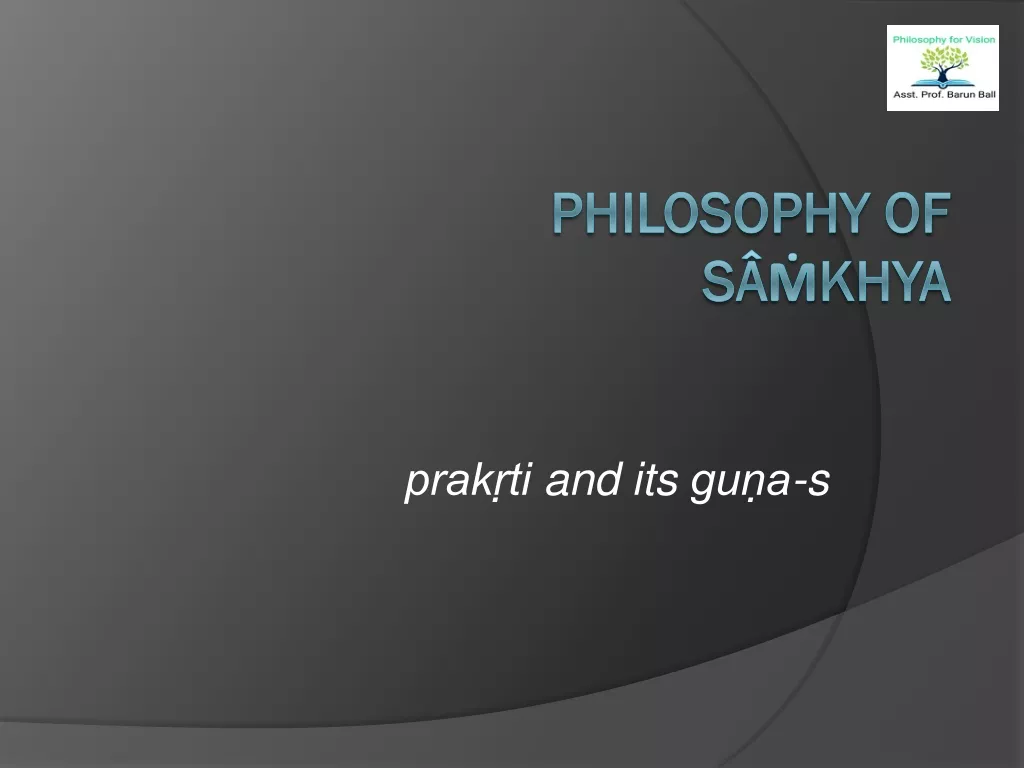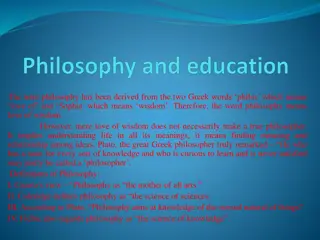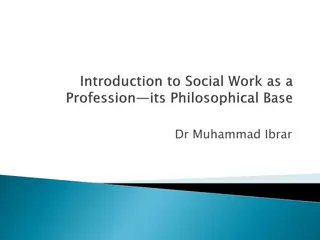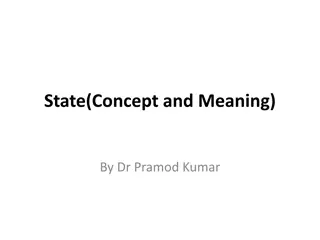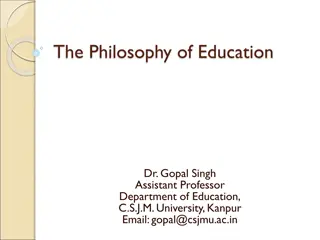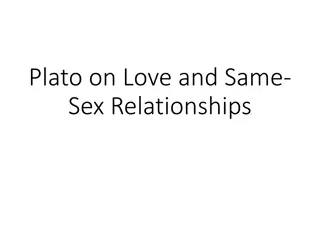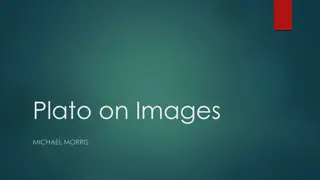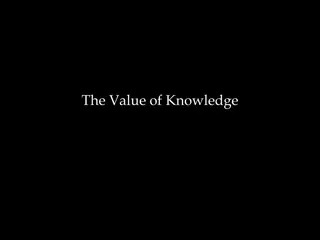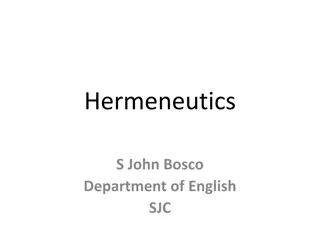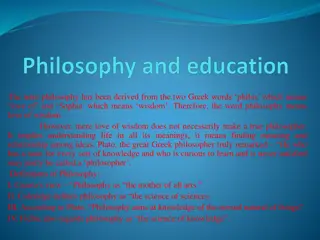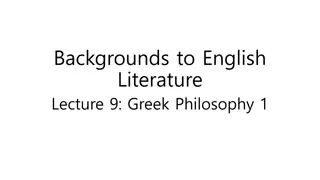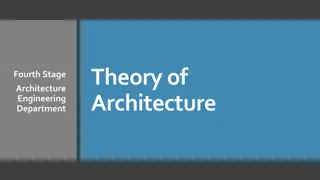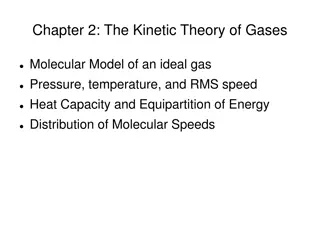Philosophy of Plato: The Ideal State and Its Principles
Plato's Republic presents the concept of the ideal state governed by a philosopher king, with distinct classes and systems of communism in property and family. The state emphasizes functional specialization, justice, and totalitarian control but faces criticisms for lacking individual freedom, retaining slavery, and having limited development. Explore the nuances and implications of Plato's vision for an ideal society.
Download Presentation

Please find below an Image/Link to download the presentation.
The content on the website is provided AS IS for your information and personal use only. It may not be sold, licensed, or shared on other websites without obtaining consent from the author.If you encounter any issues during the download, it is possible that the publisher has removed the file from their server.
You are allowed to download the files provided on this website for personal or commercial use, subject to the condition that they are used lawfully. All files are the property of their respective owners.
The content on the website is provided AS IS for your information and personal use only. It may not be sold, licensed, or shared on other websites without obtaining consent from the author.
E N D
Presentation Transcript
By Dr. Pranami Laskar
Plato advocated the theory of ideal state in his famous book Republic Ideal state is composed of philosopher king, soldiers, peasant and artisans. Besides, there are systems of communism of property, communism of family, a state regulated
BASIC PRINCIPLES OF IDEAL STATE: The theory of functional specialization The philosopher king The military factor in the state The concept of justice 1. 2. 3. 4.
Rule of philosopher king State regulated education system Division of classes Absence of discrimination Censorship of art and literature Communism of property and family System of slavery Administration of justice Provision for defence Totalitarian in nature Nourishment of the children
Anti democratic Lack of individual freedom Retention of slavery Limited education The rule of philosopher king Limited development Utopian state Wrong analogy No provision of law Defective method of unity No difference between politics and morality No provision for governmental officials


